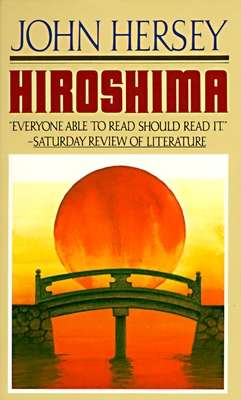 She had a nightmare that took place in San Marcos, TX, where she lived at the time. It was one of a series of nightmares in which sudden explosions occurred, huge fiery blasts that lit up and burned up everything--including her. In this particular nightmare, she was downtown, walking down the sidewalk along Hopkins Street. She was across from the courthouse. It was a blue sky day. Then everything exploded, and went orange and black.
She had a nightmare that took place in San Marcos, TX, where she lived at the time. It was one of a series of nightmares in which sudden explosions occurred, huge fiery blasts that lit up and burned up everything--including her. In this particular nightmare, she was downtown, walking down the sidewalk along Hopkins Street. She was across from the courthouse. It was a blue sky day. Then everything exploded, and went orange and black.Maybe that dream ended there, her thinking, Why can't I feel myself burning? And then the pain so intense it wasn't even pain. Or maybe the dream continued, or this was another nightmare in the series, after an explosion, and she's running down the sidewalk toward the river, and there are all these people jumping in, and she's trying to tell them not to, that jumping in water will only make their burning skin worse, and then the river is filled with death instead of the usual people floating down on their inner tubes--lazily, under the bridge, under the train trestle, gliding away where the water curves against the curving earth.
While reading Hiroshima by John Hersey--because of the cover, because of the content, she has returned to that nightmare in her thoughts: again and again, all those people with burning skin jumping in the river, almost dying immediately because of the shock.
She thinks the cover blurb is right: "Everyone able to read should read it." And now, since audiobooks have sprung up since the last edition, the caption on the next edition should be this: "Everyone should be able to read this book."
The book is written well, no doubt: well organized, structured in the narrative weaving still so popular today (individual stories threaded around the time before, during, and after the atomic bomb). --Easy to follow, easy to see the event as multi-faceted as each person who experienced it. It's not necessarily, however, the quality of the writing that makes this book necessary.
It needs to be read because this incredible tragedy has largely--or seemingly--left public consciousness. Or, perhaps, it's there but we don't want to talk about it. Or, perhaps, there's always another tragedy to talk about in the same way. Or, perhaps, it's not very nice to talk about, or how can we fit a real discussion in a Facebook status-update or in 140 characters? Perhaps, the event is old news, but the human experience of such an event can never be old news. Which is why everyone should read Hersey's account of Hiroshima.
Or maybe that's not even why. Maybe it's simply because the atomic bomb caused flowers to grow rapidly and suddenly after America fell through Japan's sky--the city choked by color and death. Maybe it's simply because a man in a boat crossed the river again and again and again, picking up the living and moving them to higher ground, to a safer place. Because, out of fear, a woman hid her deceased husband's sewing machine, and when she finally returned to what was left of her home, water had filled the hiding place, rusting the machine. The priest gone crazy by it all, running back toward the fire, disappearing like the people who became air and dust closest to the bomb site.
The book needs to be read because there are memories in it, and we can't live well if we keep only to our own.
------
Hiroshima: Non-Fiction, Paperback, 160 pages, 1989
To order the book Hiroshima from the Ma&Pa bookstore closest to you, click here: IndieBound